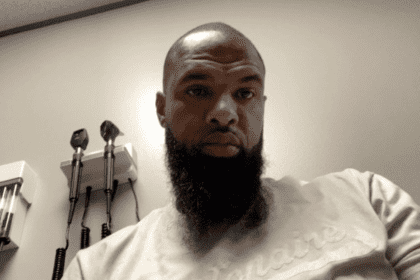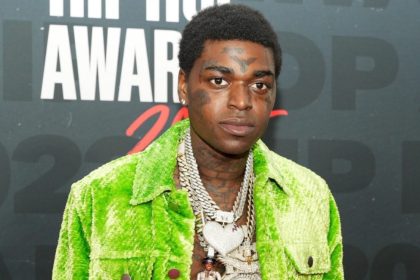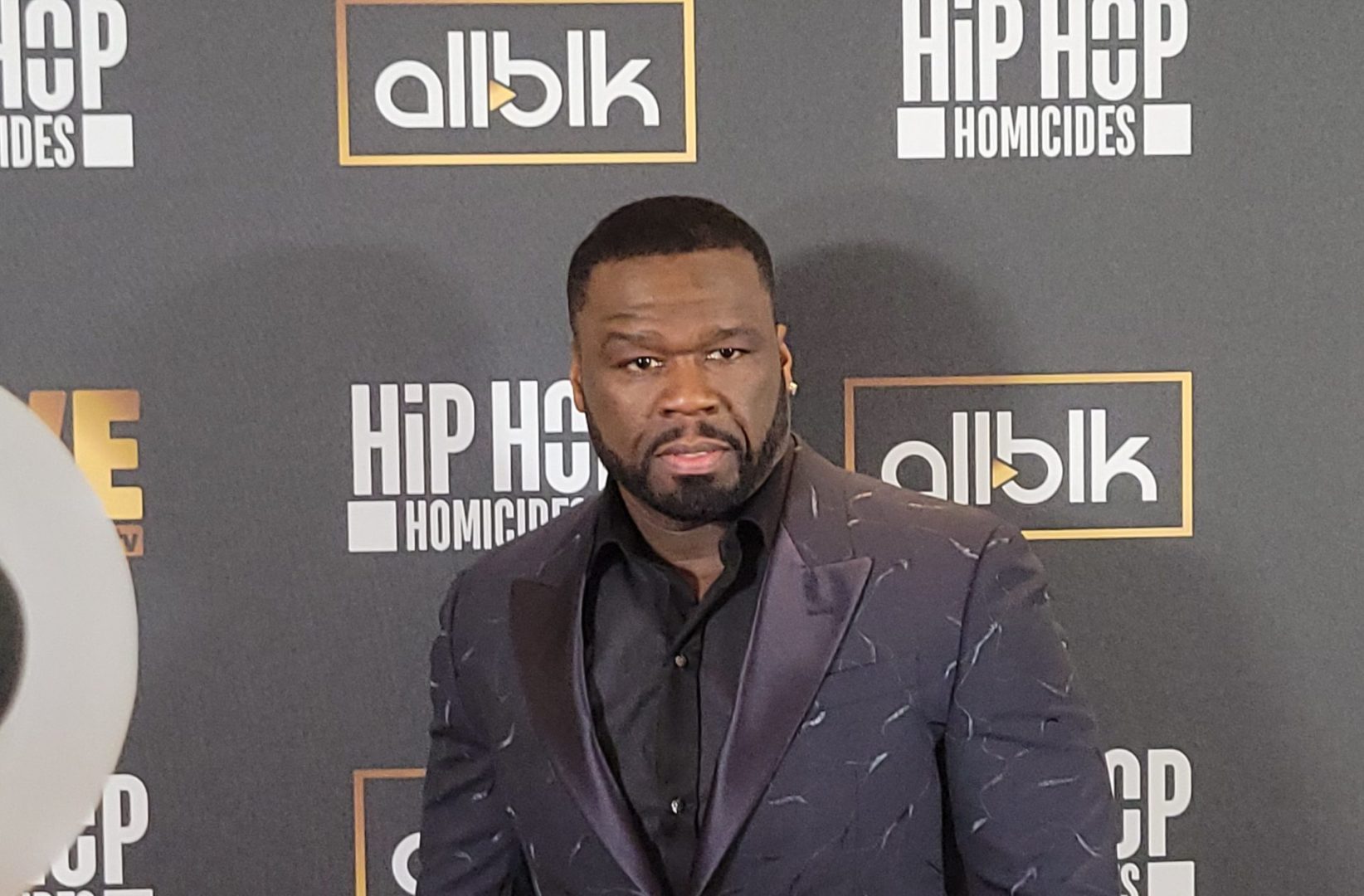The hip-hop world witnessed an unexpected turn of events when the eagerly anticipated welcome home concert for Black Mafia Family (BMF) figurehead Big Meech faced an abrupt cancellation. This development, while disappointing for many, set the stage for an impressive display of adaptability from industry veteran Rick Ross, who transformed potential disappointment into an opportunity for community celebration. The sudden shift in plans demonstrated the unpredictable nature of live entertainment while highlighting the importance of leadership in times of uncertainty.
Behind the scenes of the cancellation
The planned celebration marking Big Meech‘s return to society represented more than just another concert on the calendar. As a significant figure in hip-hop culture, Big Meech’s homecoming event carried substantial weight within the community. The sudden cancellation sent ripples through Miami’s entertainment scene, affecting not only the immediate participants but also the broader network of fans and supporters who had been eagerly awaiting this milestone celebration. The impact extended beyond the immediate vicinity, touching various aspects of the local entertainment ecosystem, from venue staff to promotional teams and auxiliary service providers.
Miami’s resilient response
In a remarkable demonstration of leadership and community spirit, Rick Ross swiftly pivoted from the initial setback. Rather than allowing the cancellation to disrupt the celebratory atmosphere in Miami, Ross reinforced his commitment to maintaining the vibrant energy of the city’s hip-hop scene. His decision to proceed with his own celebration served as a testament to his dedication to fan engagement and community solidarity. The quick adaptation showcased Miami’s characteristic resilience and ability to maintain its cultural momentum despite unexpected challenges. Local venues and entertainment professionals rallied around the modified plans, ensuring that the spirit of celebration would continue unabated.
The cultural impact
Ross‘s handling of the situation transcends mere event management – it speaks to the deeper resilience embedded within hip-hop culture. This incident highlights how the genre has consistently demonstrated an ability to adapt and thrive amid challenges. The transformation of what could have been a disappointing evening into an alternative celebration exemplifies the innovative spirit that has defined hip-hop since its inception. This adaptability reflects the genre’s historical roots, where creativity and resourcefulness have always been essential elements of success. The incident adds another chapter to hip-hop’s ongoing narrative of overcoming obstacles through community strength and artistic innovation.
Community engagement and fan response
The response from the Miami community demonstrated the strong bonds between artists and their supporters. Ross’s ability to maintain enthusiasm and redirect energy toward a positive outcome showcases the dynamic relationship between performers and their audience. This interaction reinforces the collaborative nature of hip-hop culture, where setbacks often lead to innovative solutions and stronger community ties. The incident has sparked broader discussions about the importance of flexibility in event planning and the role of social media in maintaining community connections during unexpected changes. Local businesses and venues have reported increased engagement and support, highlighting the economic impact of such community-focused responses to setbacks.
Future implications
This incident sets a precedent for how artists can navigate unexpected challenges while maintaining their commitment to fan engagement. Ross’s approach provides a blueprint for turning potential disappointments into opportunities for community building and celebration, suggesting a more resilient future for live hip-hop events. The situation has prompted industry professionals to reconsider traditional event planning strategies, incorporating more flexibility and contingency planning into their approaches. The successful pivot demonstrates the potential for maintaining cultural momentum even when original plans face disruption. Industry observers note that this incident may influence future event planning and artist-community interactions, potentially leading to more dynamic and adaptable entertainment models.
The lasting impact of this situation extends beyond the immediate event, potentially influencing how future hip-hop celebrations are organized and executed. The emphasis on community resilience and adaptability has reinforced Miami’s position as a crucial hub for hip-hop culture, while also highlighting the importance of strong artist-community relationships in navigating unexpected challenges.















